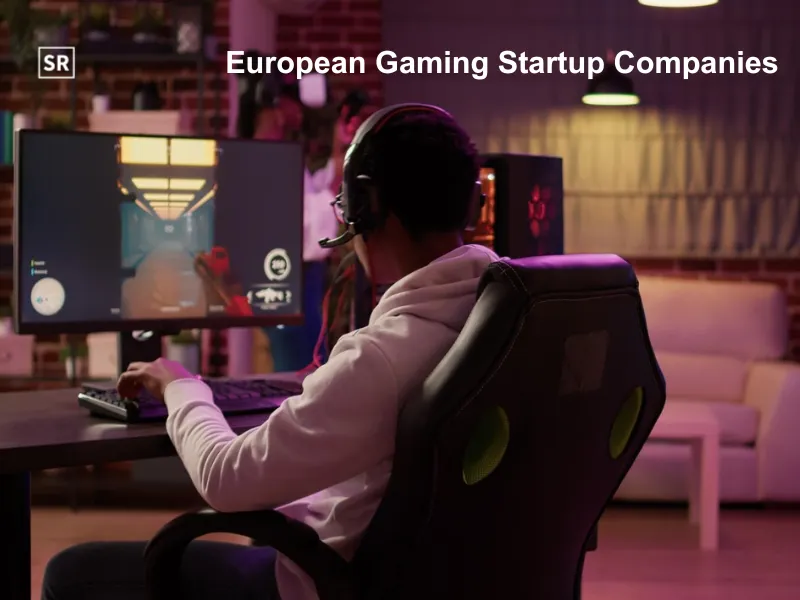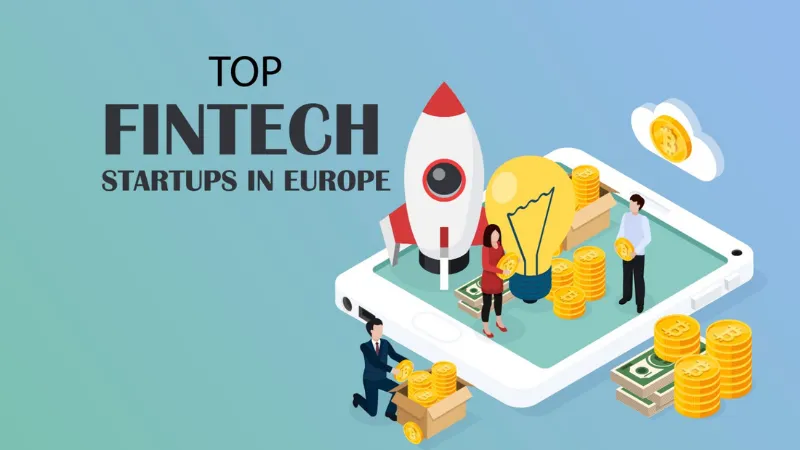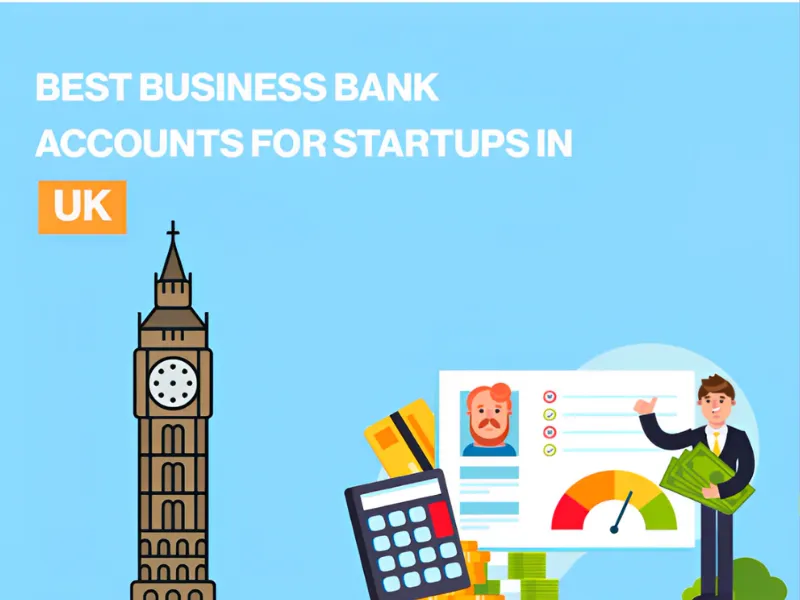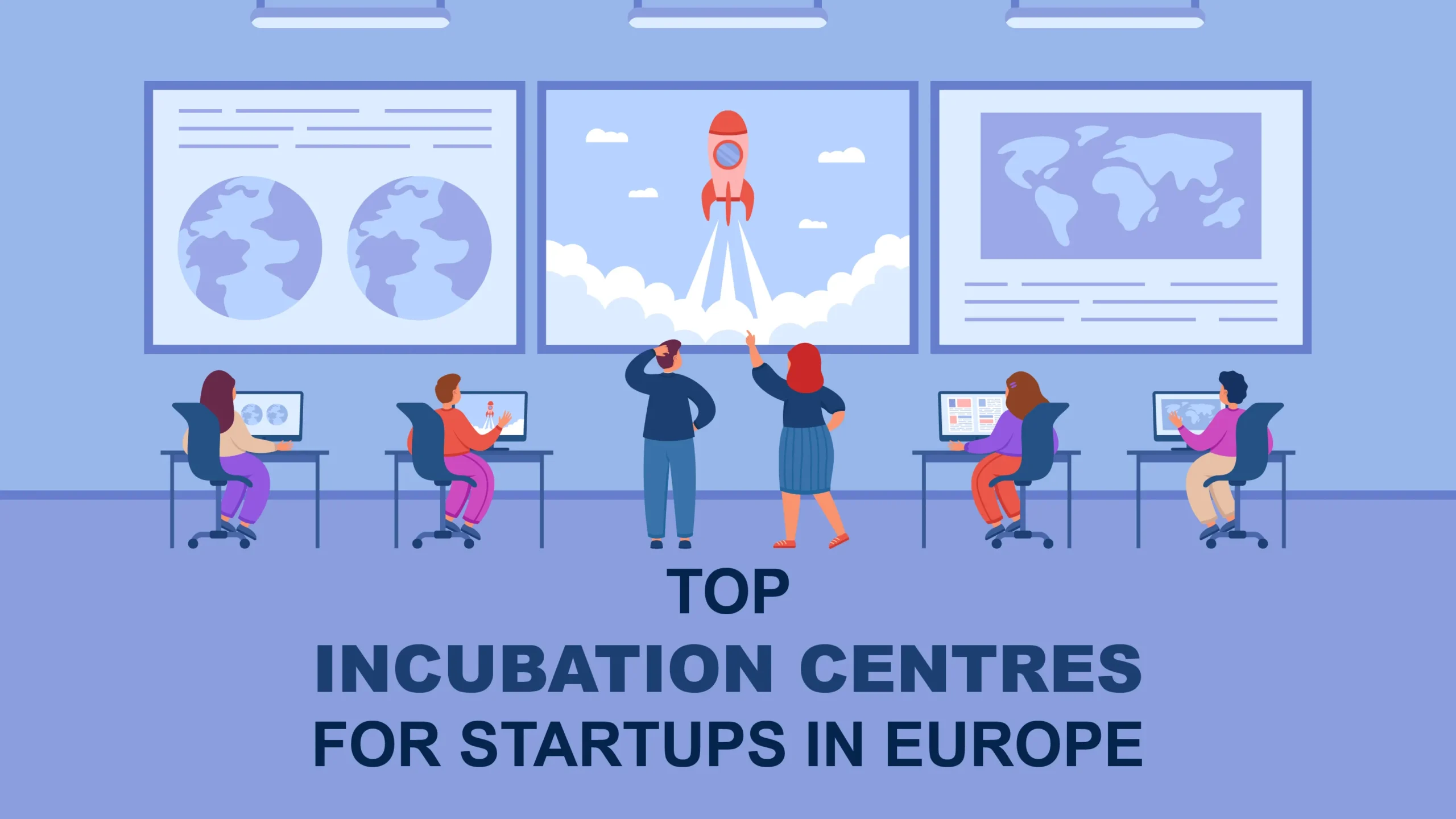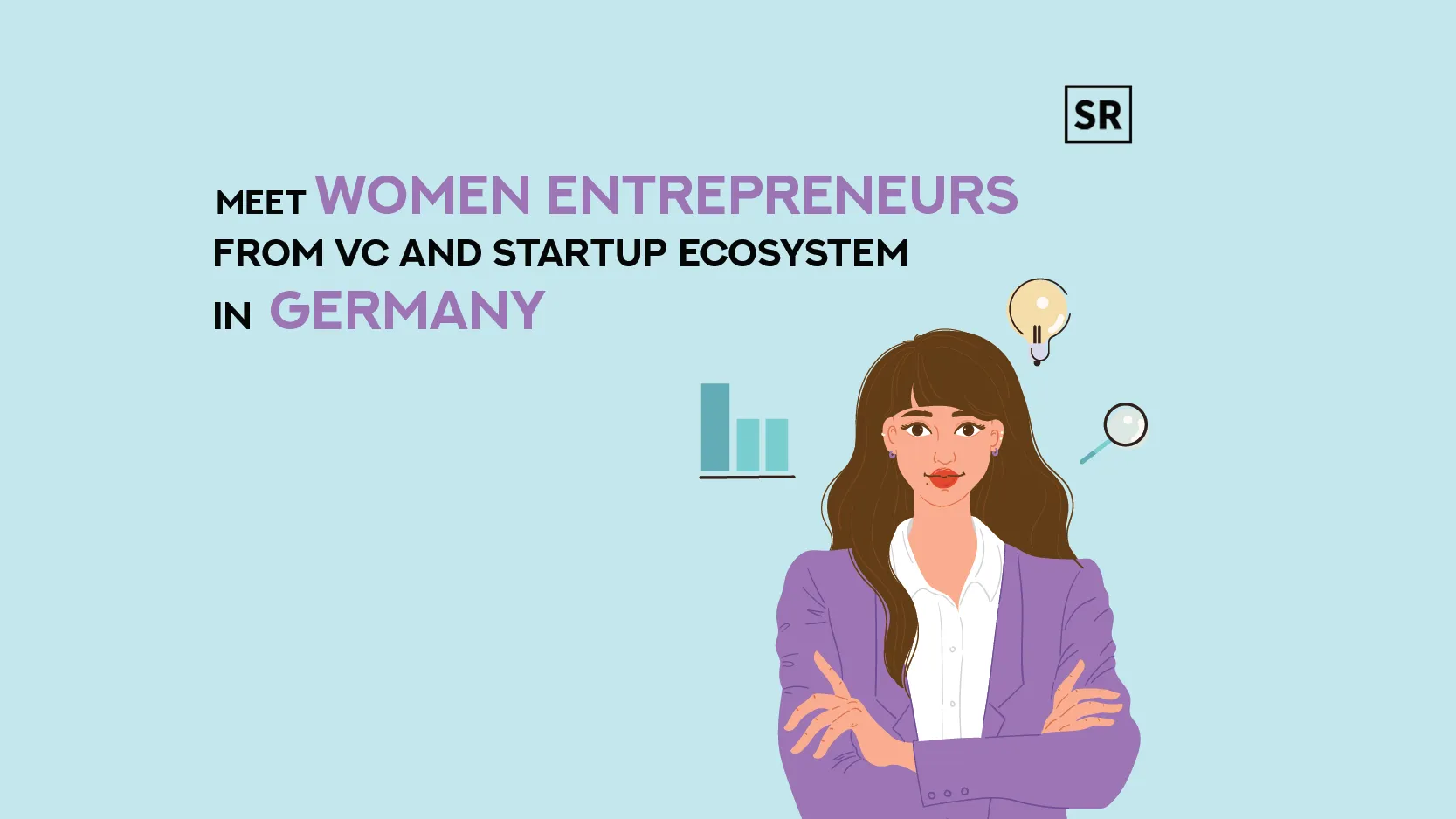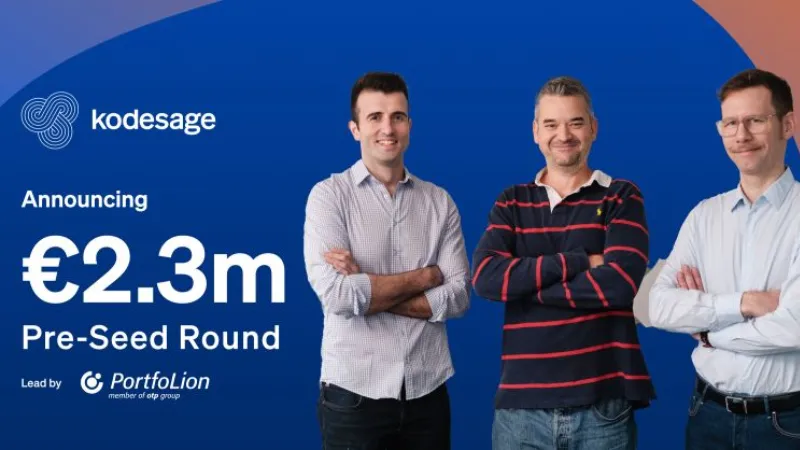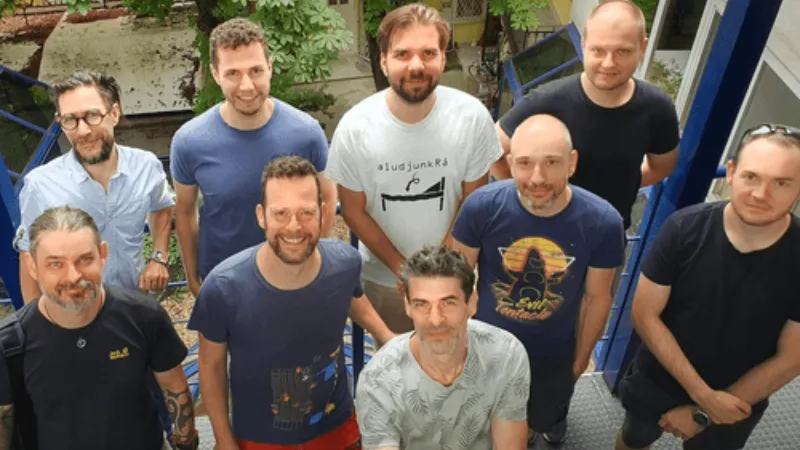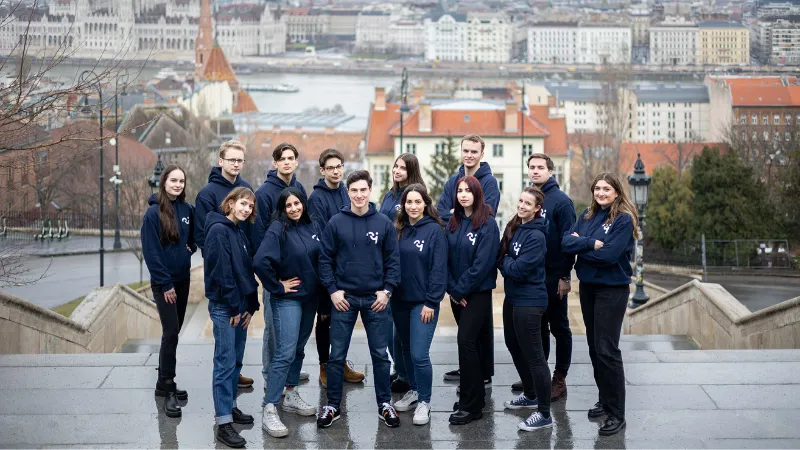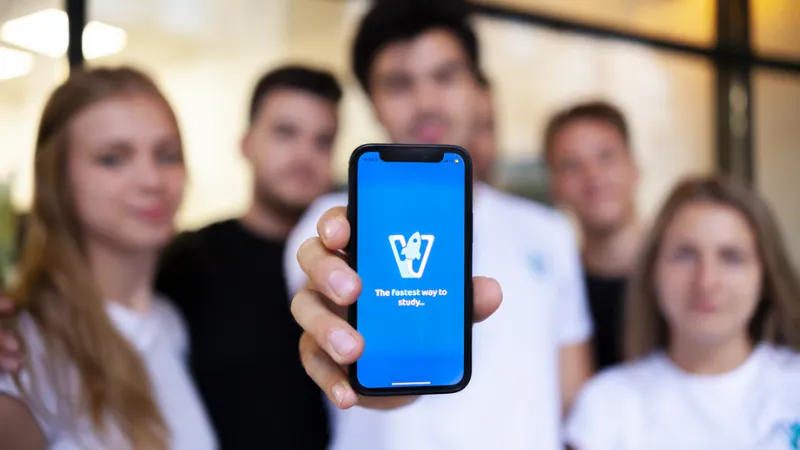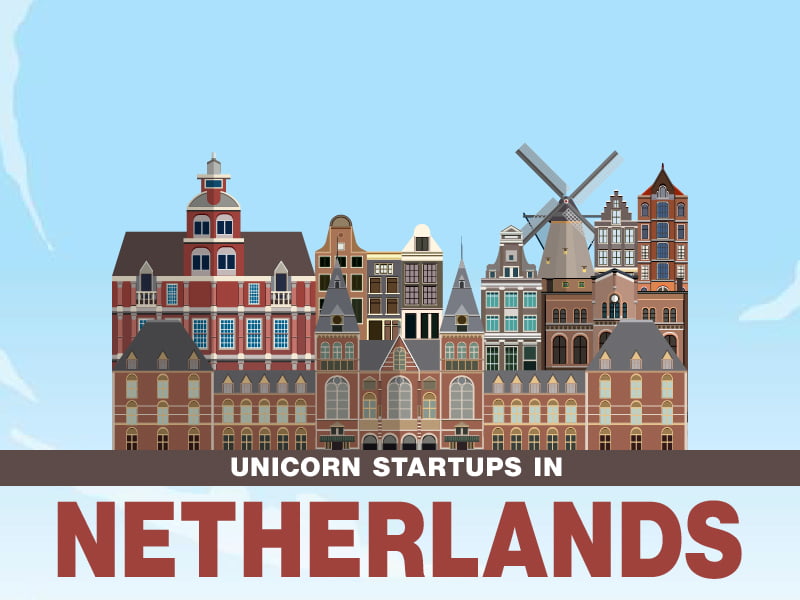
The Netherlands has a vibrant startup scene, defined by a dynamic and cooperative community. It's known for being the most interconnected economy worldwide. Within the Netherlands' pool of 2,045 startups, there are 9 unicorns.
SUMMARY
- Within the Netherlands' pool of 2,045 startups, there are 9 unicorns.
- The Dutch government's initiatives and programmes to support startups are driving the growth of the Netherlands' startup ecosystem.
List of unicorn startups in Netherlands
Let's explore the success stories of the Netherlands' unicorn companies.
MOLLIE
Mollie was established in 2004 by Adriaan Mol, it is based in Amsterdam, Netherlands. It operates in the financial software sector and offers a payment application that streamlines the process of online store setup and payment acceptance.
Their platform facilitates one-click payments, fraud detection, multicurrency transactions, daily settlement management and real-time accounting, which empowers businesses to efficiently connect, safeguard and expand their operations.
MessageBird
Established in 2011 by Robert Vis and Adriaan Mol. MessageBird is headquartered in Amsterdam, Netherlands. It offers cloud-based customer service software for SMS, voice and chat APIs. This platform enables businesses to send messages and make voice calls using popular social media apps.
Clients can send messages via website or API and the software converts text to speech. It also provides automated response solutions and can be seamlessly integrated with platforms like WeChat, Facebook, Deliveroo, Uber and Telegram.
MAMBU
Founded in 2011 by Eugene Danilkis, Frederik Pfisterer, and Sofia Nunes in Amsterdam, Mambu is a software-as-a-service (SaaS) firm specialising in cloud banking solutions for the financial services sector.
The company provides a flexible banking infrastructure that allows clients to develop and oversee lending and deposit services and seamlessly integrate with a range of application programming interfaces (APIs) for tailored financial offerings. Mambu's business mainly consists of banks, credit unions and retailers seeking to provide digital financial products.
Bitfury
Established in 2011 by Valery Vavilov and Mark Dollar in Amsterdam, Netherlands. Bitfury specialises in AI and blockchain technology. They offer cryptocurrency mining solutions and infrastructure products for the Web 3.0 ecosystem, which ensures the security of digital assets.
Additionally, they design and sell mining hardware such as ASICs, PCBs, servers and data centres for Bitcoin mining. Their services extend to blockchain integration for government entities, Bitcoin payment solutions, blockchain applications for the music industry and a web-based software tool for law enforcement in blockchain-related cases.
Backbase
Established in 2003 by Gerbert Kaandorp and Jouk Pleiter in Amsterdam. Backbase specialises in banking software for financial institutions. They offer a range of solutions including cloud-based open banking APIs, customer onboarding, customer engagement and omnichannel banking services. Their offerings cater to digital banks, corporate banks and wealth management firms.
Bunq
Established in 2013 by Ali Niknam, is based in Amsterdam, Netherlands. Bunq operates as a digital bank, serving both individuals and businesses. Their services include current and savings accounts, NFC-enabled prepaid cards for online and offline transactions, bill payments and money transfers.
Bunq also offers features such as credit cards tailored for travel, subscription and budget tracking, environmentally friendly bank accounts and online customer support.
Hotmart
Founded in 2011 by João Pedro Resende and Mateus Bicalho in Amsterdam, Hotmart is a cloud-based eCommerce platform designed for merchants to sell digital goods.
The company provides tools for managing products and content, conducting email and affiliate marketing, processing payments through HotPay with PCI Compliance and CSE Security, generating analytics reports and more. Additionally, it assists affiliates in earning commissions by promoting and selling content through various channels, such as private blogs and websites.
Picnic
Established in 2015 by Bas Verheijen, Frederik Nieuwenhuys, Gerard Scheij, and Joris Beckers, Picnic operates from Amsterdam, Netherlands. It functions as an app-based platform for ordering groceries and delivery services. Users can conveniently browse available products, place orders and schedule delivery for the next day.
DataSnipper
Founded in 2017 by Jonas Ruyter and is based in Amsterdam, Netherlands. DataSnipper provides audit management solutions tailored for audit firms. They offer tools for reviewing audit procedures, matching documents, extracting data, recognising text, performing data analysis and more. Additionally, they provide services for verifying mathematical accuracy and managing documents.
CONCLUSION
The Dutch government's initiatives and programmes to support startups are driving the growth of the Netherlands' startup ecosystem. Dutch citizens quickly adopt new technologies and innovations, which makes the country an attractive testing ground for emerging tech.
The strategically located infrastructure in the Netherlands in the Netherlands offers businesses opportunities for international growth. Its business-friendly environment, with minimal bureaucracy and no language barriers, enhances its appeal for entrepreneurs. The Netherlands is becoming an increasingly fertile environment for startups and we can expect to see more unicorns emerging from the country in the near future.


 Follow us
Follow us Follow us
Follow us
